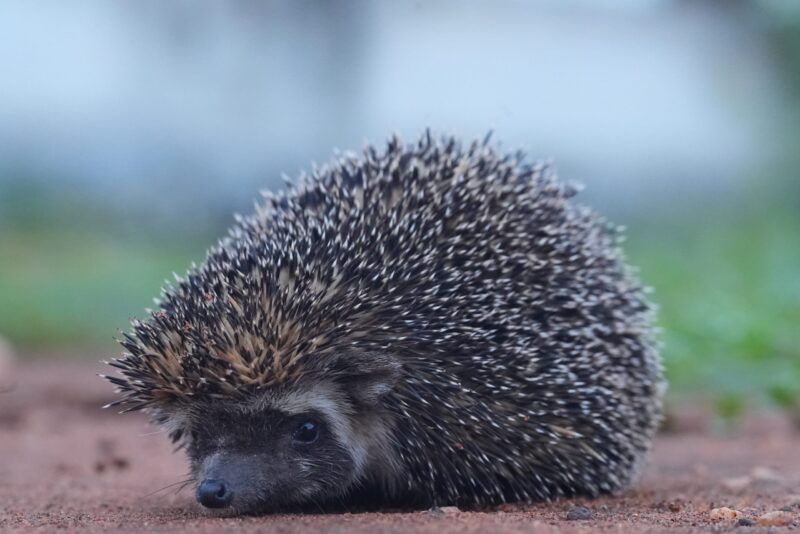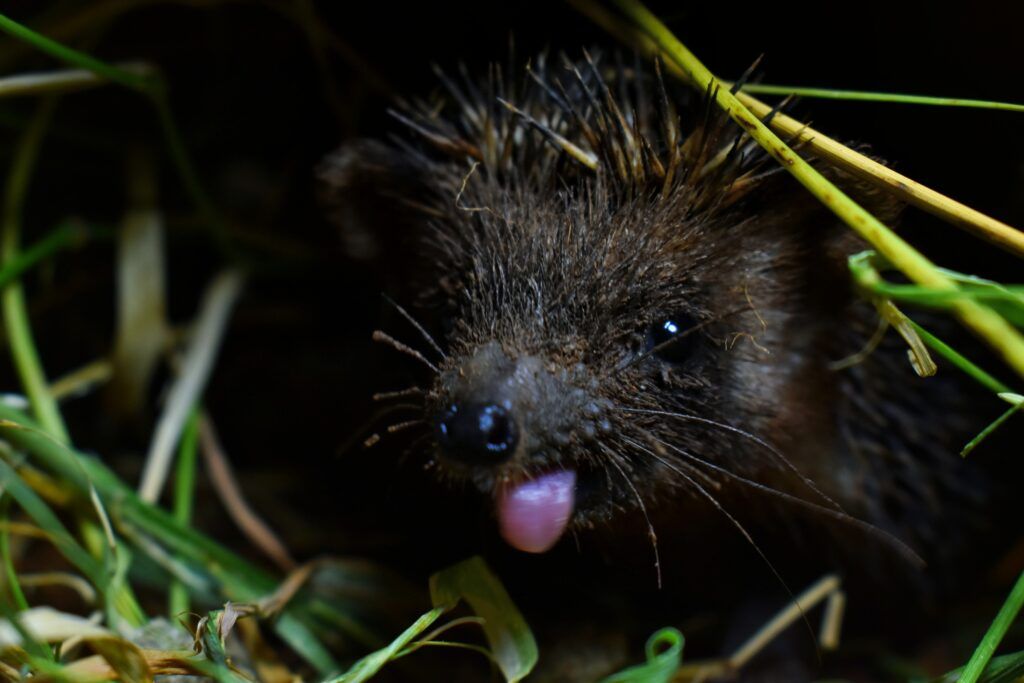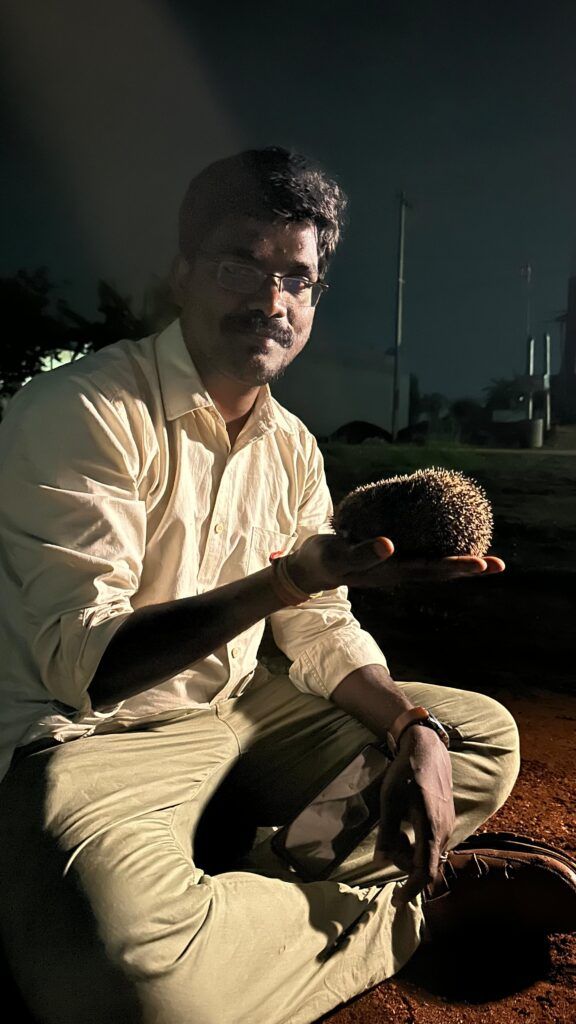Madras hedgehogs in India

Like their UK cousins, Madras hedgehogs are under threat from habitat loss and fragmentation.
Madras hedgehogs, also known as bare-bellied hedgehogs, live in south-eastern Indian. They look very similar to their European hedgehog cousins but have larger ears and a paler face. They live in arid grasslands, and feed on insects.
Sadly, similarly to hedgehogs in the UK, Madras hedgehogs are under threat. Habitat loss and fragmentation from urbanisation is isolating hedgehog populations, and increasing numbers of roads are causing more hedgehogs to be killed by cars. Madras hedgehogs are also hunted for the illegal pet trade and by Siddha traditional medicine practitioners, who believe hedgehog spines can cure respiratory diseases.

Dr Brawin Kumar leads the Madras Hedgehog Conservation Project in Tamil Nadu, which is working to protect the hedgehogs by studying their populations and educating the local community about their conservation importance. They’re studying how far the hedgehogs travel and how often they encounter roads and urban areas, by asking citizen scientists to submit their hedgehog sightings. They’re particularly focussing on mapping hedgehog roadkills to identify hotspots of hedgehog road deaths.
Puppet shows for hedgehogs
The team is running educational talks with local people and traditional medicine groups to try and deter them from hunting the hedgehogs. They’re also teaching the next generation about the importance of conserving Madras hedgehogs, running a “Hedgehog Hero” campaign with the rural youth and helping them become conservation ambassadors by involving them in data collection and awareness campaigns.
To help the community learn more about hedgehogs the team is running traditional puppet shows, seminars and workshops, as well as teaching farmers the value of hedgehogs on their land (Madras hedgehogs eat insect pests which would otherwise damage their crops). Dr Brawin and his team have already seen attitudes towards hedgehogs begin to change in the local community, and they’re hoping over the next few years this will see hedgehog numbers begin to recover. Brawin’s goal is to extend his conservation work to other small mammals in the area, so even more species can be protected.
Find out more about the project in this Hedgehog Street article:
Header image credit Abinesh Muthaiyan

